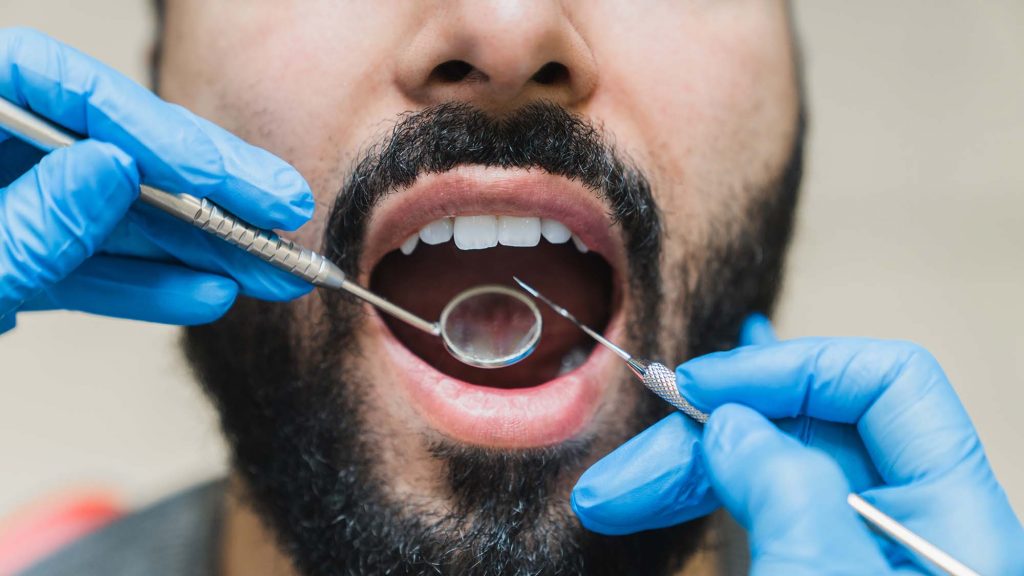
Referred to as periodontitis in dentistry circles, the condition begins with bacteria building up on the gumline and teeth that causes seemingly minor inflammation. The sticky plaque accumulations that appear on your otherwise bright smile release acids that destroy the protective enamel on your teeth.
Gum disease has largely been associated with poor dental hygiene. But research indicates the condition can also be caused by a number of factors. Sudden hormonal changes during puberty, pregnancy, and menopause have been linked to gum disease. Illnesses such as cancer, HIV, and side effects from medications may result in inflammation. By identifying the telltale signs of early onset gum disease, tooth decay and tissue damage can be prevented
The most common cause of gum disease remains inadequate dental care. Everyday people sometimes forget to brush and floss regularly when they become overwhelmed by hectic schedules. Prodding sleepy children to catch the school bus or rushing out of the house to beat commuter traffic are reasons we let some things fall through the cracks. But consistent oral hygiene can help avoid the following early warning signs of gum disease.
If you or a loved one is experiencing any of these telltale signs of gum disease, it’s important to schedule a dentist visit immediately. Your local dentist can examine the condition and create a gum disease treatment plan.

Although advanced conditions may require a surgical option, the majority of gum disease patients can resolve the problem through non-invasive treatments. Oral antibiotics, mouthwashes, and dental procedures such as scaling and root planing are non-invasive measures with proven success.
It’s also crucial to maintain a healthy diet, avoid smoking tobacco products, vaping, and practice brushing and flossing daily. Regularly scheduled visits and dental cleanings can also protect against advanced gum disease.
Mon, Tues, Thurs: 7 AM to 5 PM
Wed: 7 AM to 4PM
Fri: 9AM to 5PM
(Closed Sat/Sun)
Copyright © 2024 Lakeshore Dental. All rights reserved.